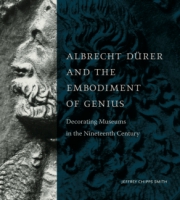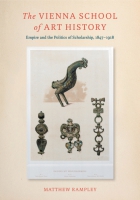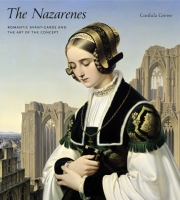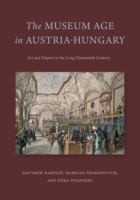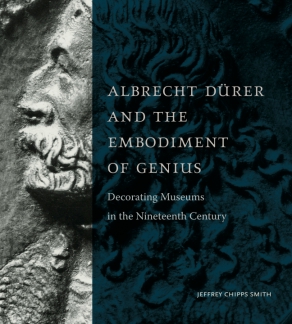
Albrecht Dürer and the Embodiment of Genius
Decorating Museums in the Nineteenth Century
Jeffrey Chipps Smith
Albrecht Dürer and the Embodiment of Genius
Decorating Museums in the Nineteenth Century
Jeffrey Chipps Smith
“Albrecht Dürer and the Embodiment of Genius richly explores the great museums and their decorative programs. Never has this chapter in the fascinating history of Old Master adulation been explored as thoroughly as here.”
- Media
- Description
- Reviews
- Bio
- Table of Contents
- Sample Chapters
- Subjects
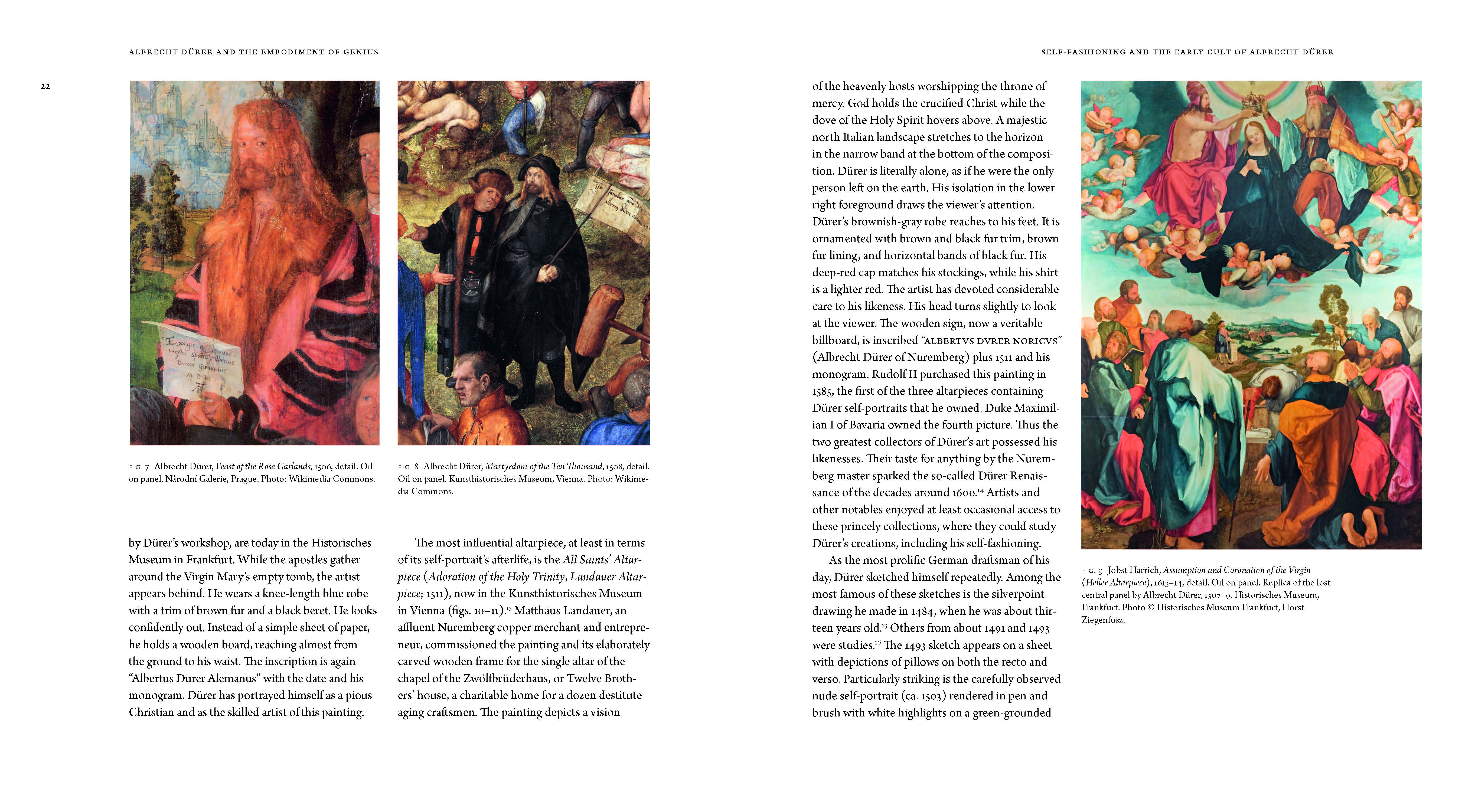
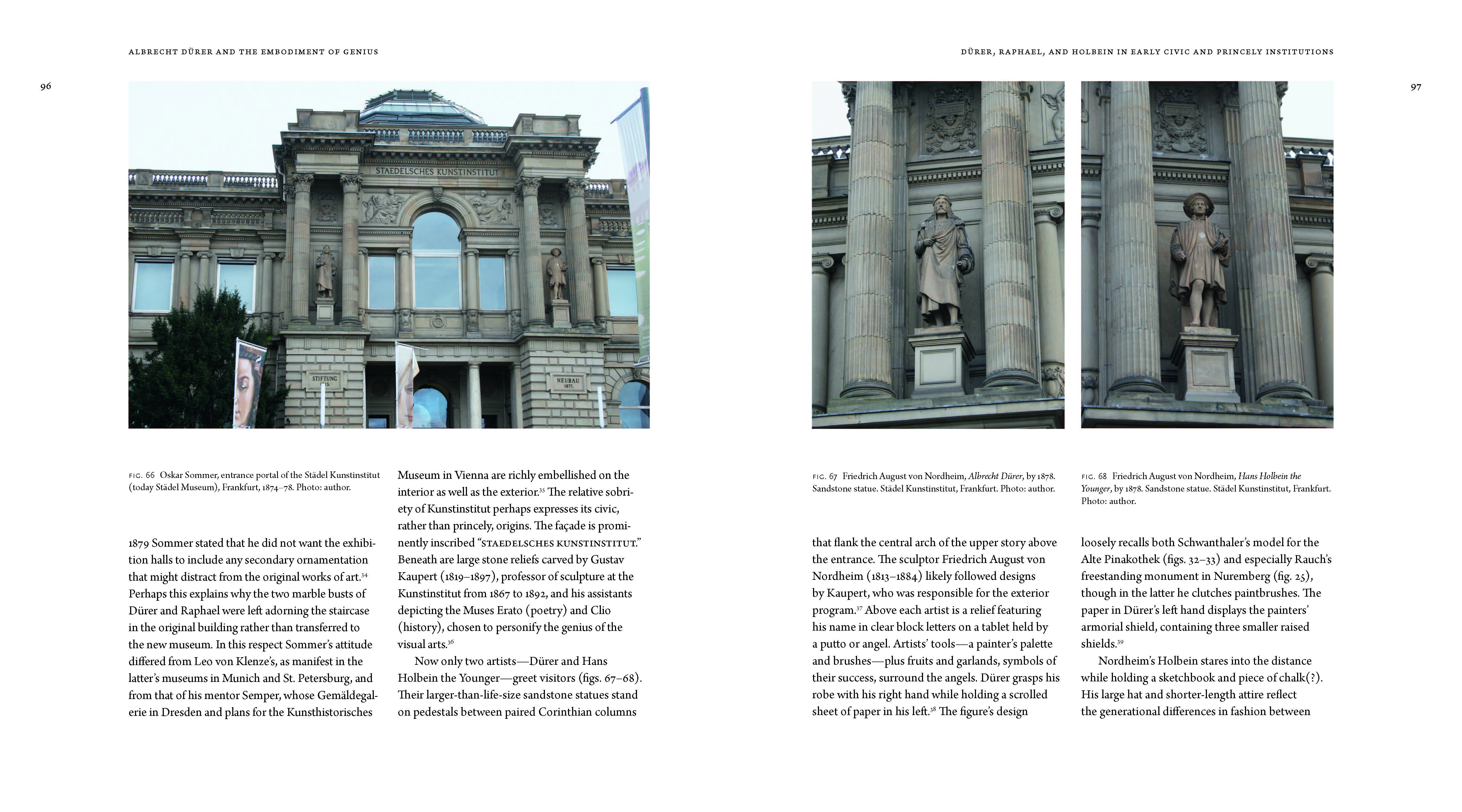
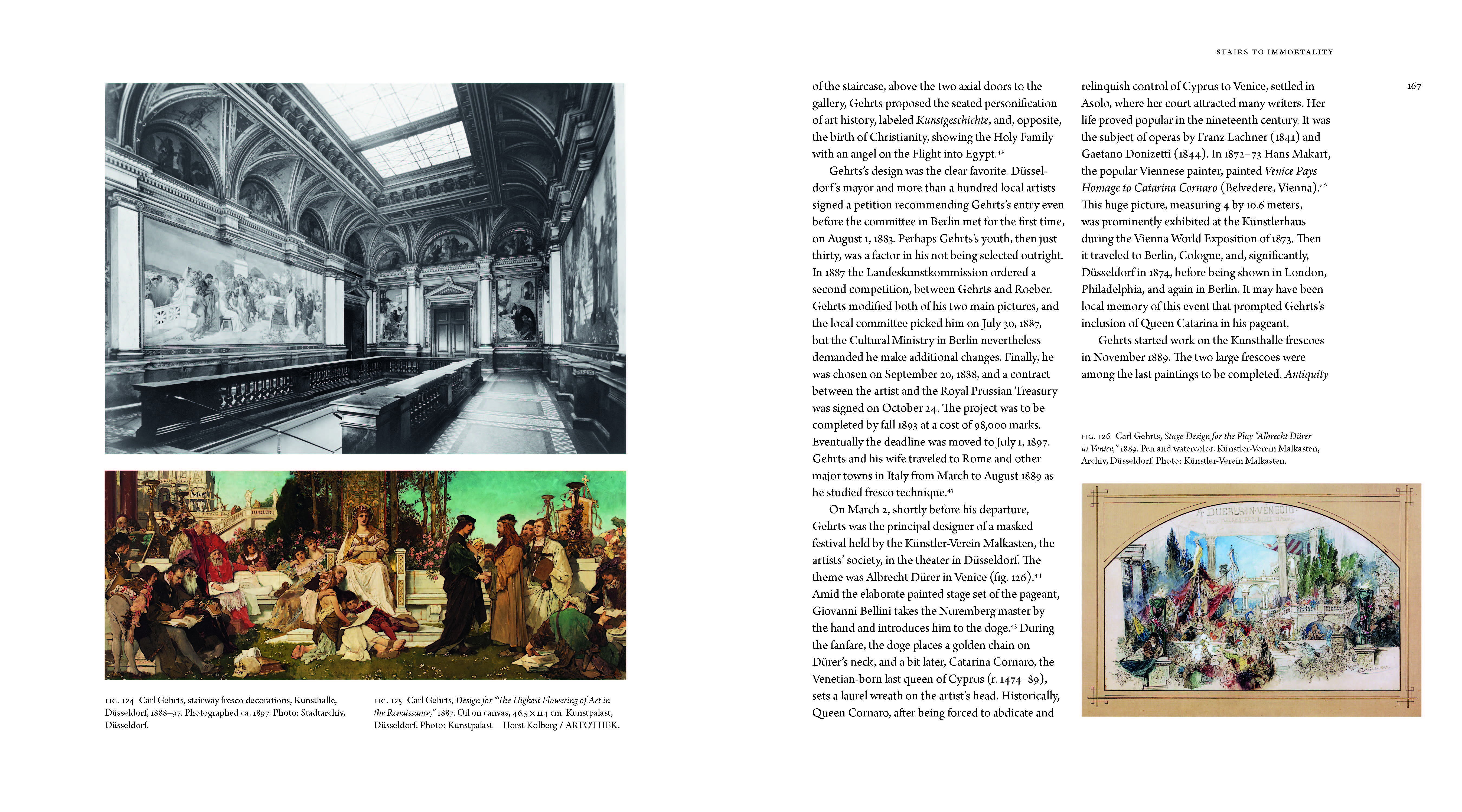
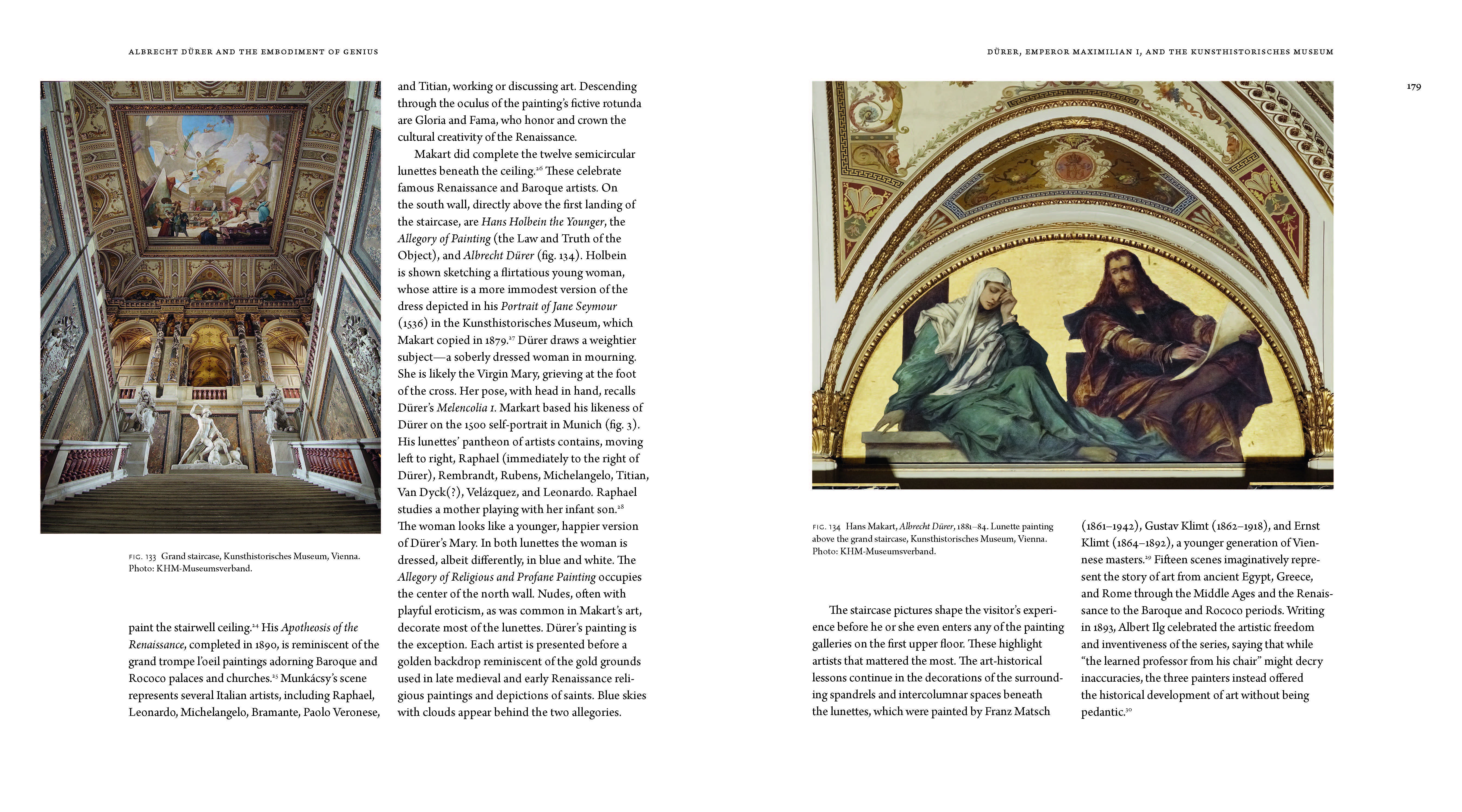
In an era when museums were emerging as symbols of civic, regional, and national identity, dozens of new national, princely, and civic museums began to feature portraits of Dürer in their elaborate decorative programs embellishing the facades, grand staircases, galleries, and ceremonial spaces. Most of these arose in Germany and Austria, though examples can be seen as far away as St. Petersburg, Stockholm, London, and New York City. Probing the cultural, political, and educational aspirations and rivalries of these museums and their patrons, Smith traces how Dürer was painted, sculpted, and prominently placed to accommodate the era’s diverse needs and aspirations. He investigates what these portraits can tell us about the rise of a distinct canon of famous Renaissance and Baroque artists—addressing the question of why Dürer was so often paired with Raphael, who was considered to embody the greatness of Italian art—and why, with the rise of German nationalism, Hans Holbein the Younger often replaced Raphael as Dürer’s partner.
Accessibly written and comprehensive in scope, this book sheds new light on museum building in the nineteenth century and the rise of art history as a discipline. It will appeal to specialists in nineteenth-century and early modern art, the history of museums and collecting, and art historiography.
“Albrecht Dürer and the Embodiment of Genius richly explores the great museums and their decorative programs. Never has this chapter in the fascinating history of Old Master adulation been explored as thoroughly as here.”
“While Renaissance studies have taken the international importance of Albrecht Dürer as a given for a long time, his role for the nineteenth-century imagination has remained mostly a German affair. Smith’s wide-ranging study will change this. Written in vivid, easily accessible prose, the book presents the reader with a rich picture of Dürer’s omnipresence in the museum age across the globe.”
Jeffrey Chipps Smith is Kay Fortson Chair in European Art at the University of Texas, Austin. He is the author of numerous books, including Dürer and The Essential Dürer.
List of Illustrations
Preface
Introduction
1. Preludes
2. Self-Fashioning and the Early Cult of Albrecht Dürer
3. The Alte Pinakothek in Munich
4. The Alte Pinakothek’s Direct Heirs
5. Dürer, Raphael, and Holbein in Early Civic and Princely Institutions: Frankfurt and Karlsruhe
6. Dürer and Germania in Berlin
7. The Figured Fa.ade, or Dürer Accompanied
8. Stairs to Immortality
9. Dürer, Emperor Maximilian I, and the Kunsthistorisches Museum in Vienna
Conclusion
Notes
Bibliography
Index
Download a PDF sample chapter here: Introduction
Also of Interest
Mailing List
Subscribe to our mailing list and be notified about new titles, journals and catalogs.
